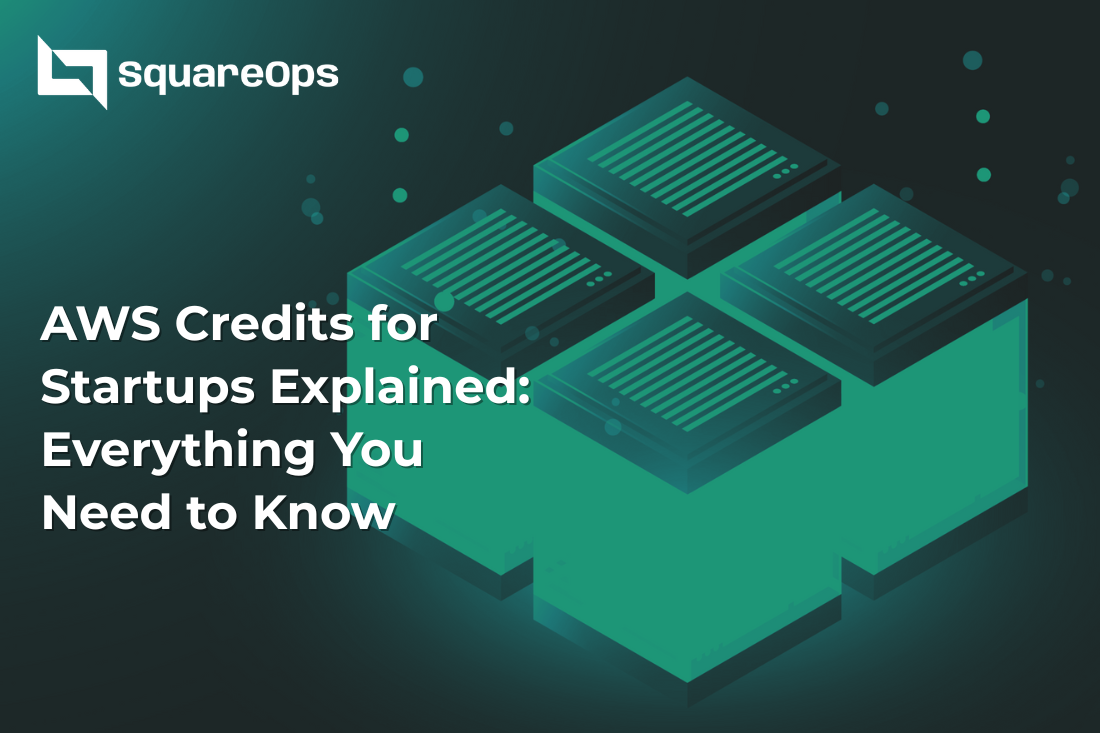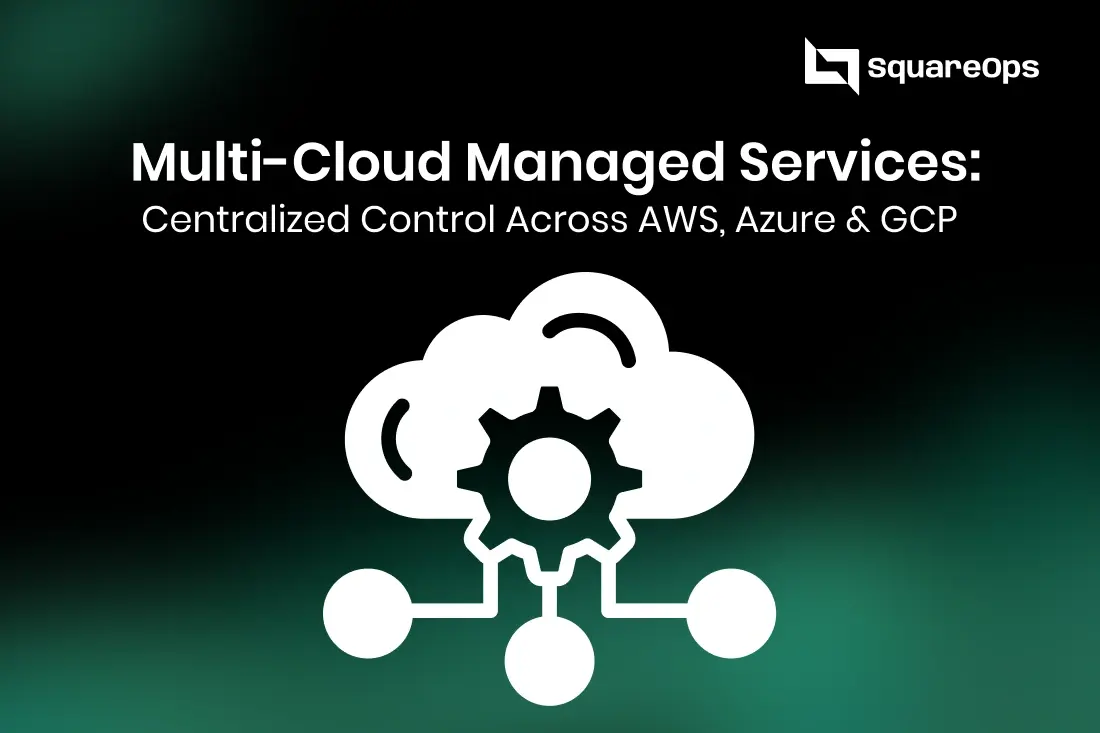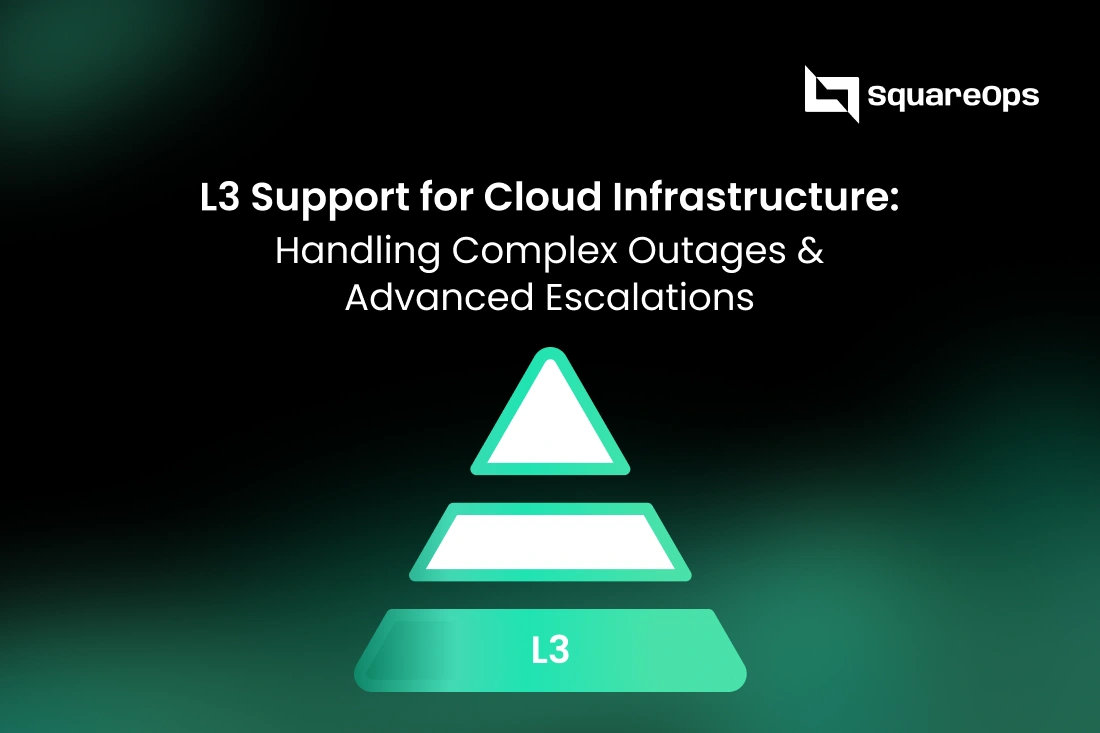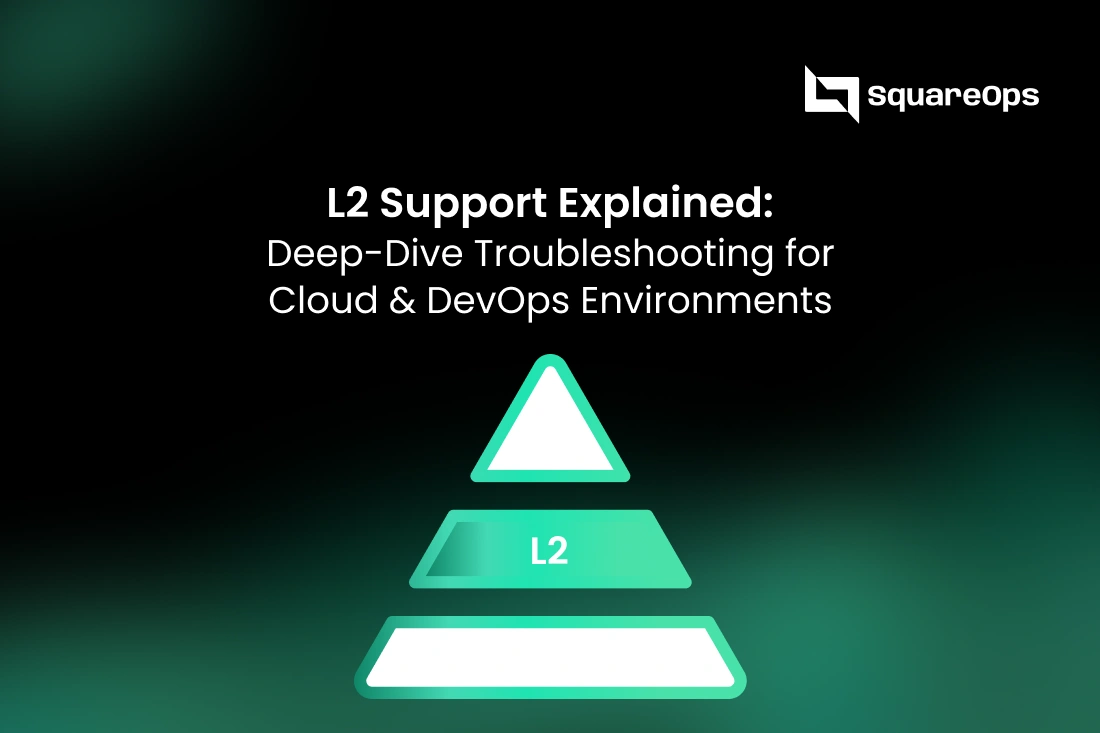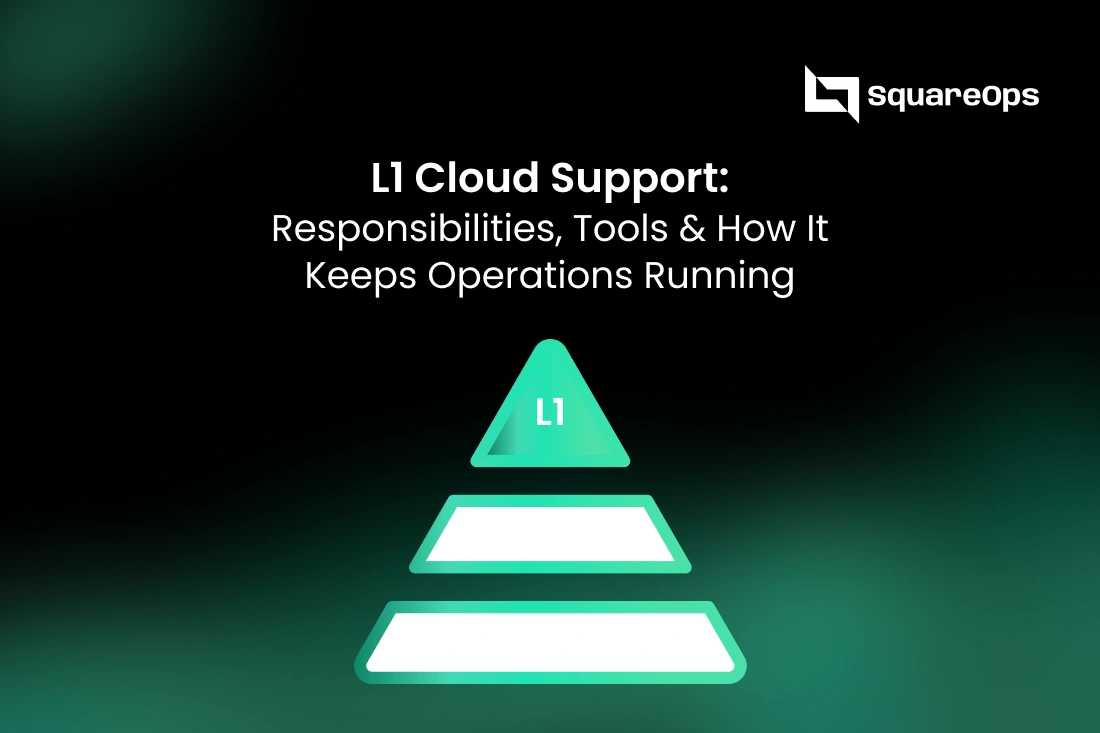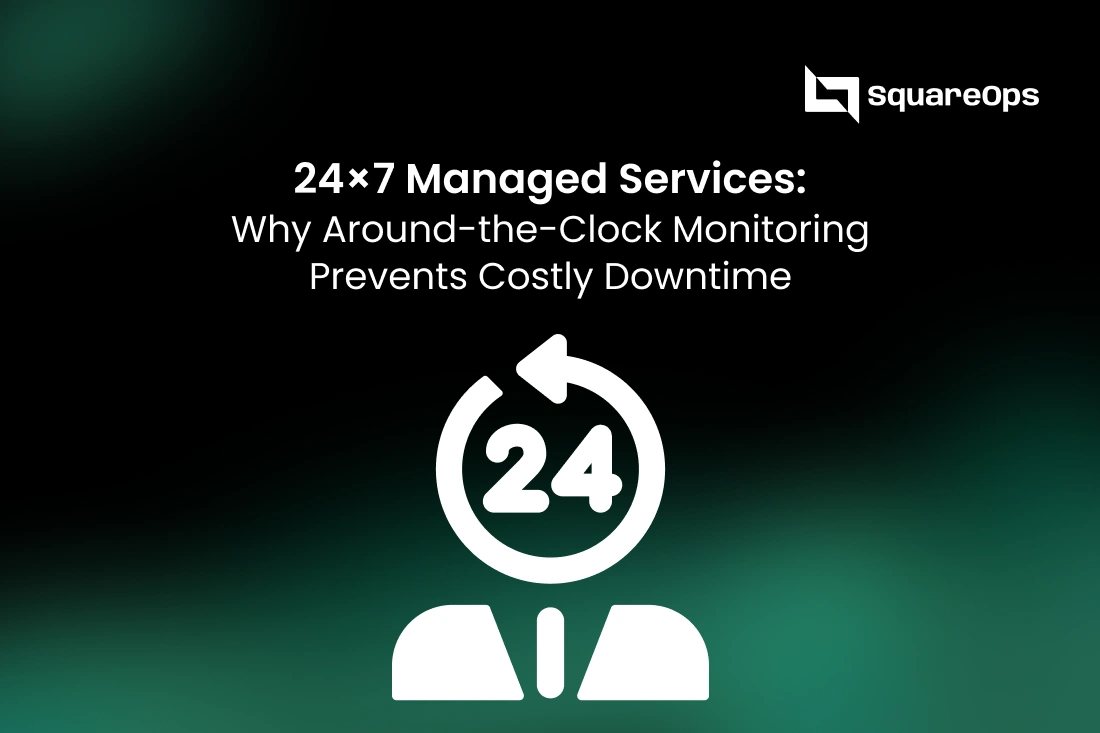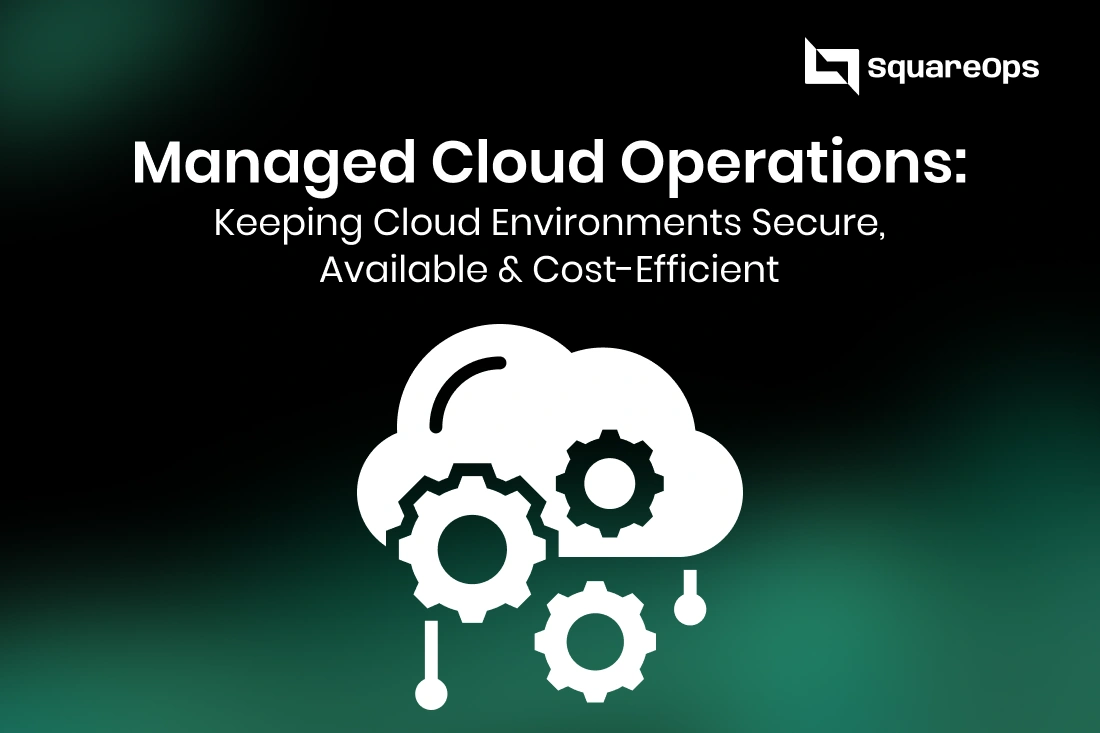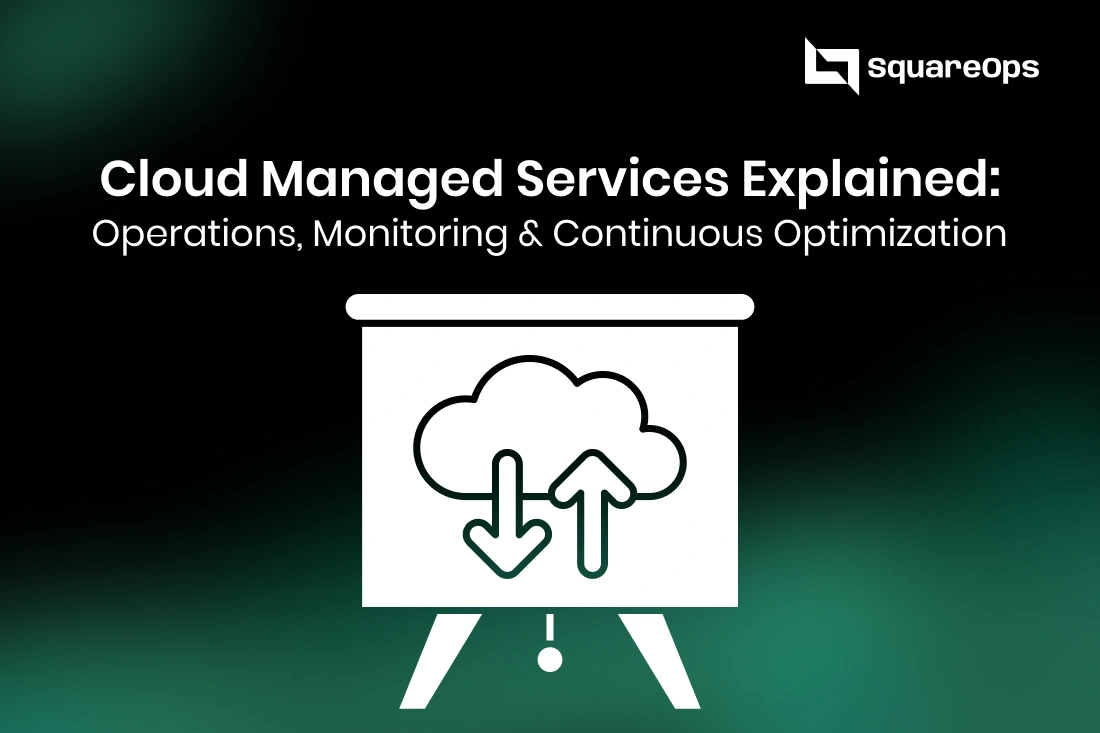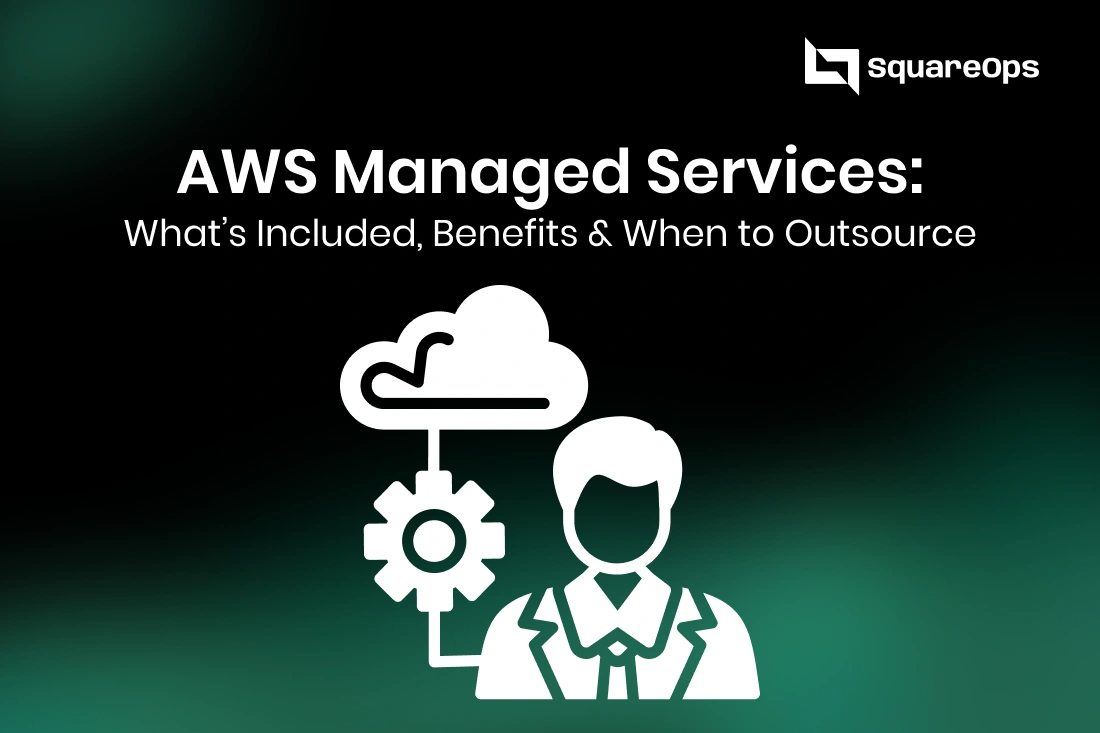In the fast-paced world of startups, managing cloud infrastructure costs while scaling efficiently can be a major challenge. This is where AWS credits come in—a financial resource offered by Amazon Web Services to help startups build and grow their businesses without worrying about cloud spend in the early stages. But what are these credits exactly? How do you qualify? And how can you make the most of them?
This comprehensive guide breaks down everything you need to know about AWS credits for startups—from eligibility criteria to application tips, usage best practices, and alternative programs.
What is AWS Migration Services?
AWS credits are monetary credits that startups can apply to their AWS bill to offset the cost of using Amazon’s cloud infrastructure and services. These credits can range from $1,000 to $100,000 depending on the program and eligibility.
What Can AWS Credits Be Used For?
- Amazon EC2 (Elastic Compute Cloud)
- Amazon S3 (Simple Storage Service)
- Amazon RDS (Relational Database Service)
- AWS Lambda
- CloudFront
- AI/ML services (like SageMaker)
- And many more core services under the AWS umbrella
Key Limitations
- Credits typically expire in 1 year from the date of issue
- Not applicable for AWS Marketplace products
- Cannot be redeemed for AWS Support unless part of the plan
Why AWS Supports Startups
Amazon has long recognized the potential in helping startups grow using its infrastructure. Here’s why:
- Startups are future enterprise customers
- Early product development often relies on cloud-native technologies
- AWS ensures vendor lock-in through early engagement
- Supporting startups helps create a vibrant ecosystem of tools and solutions
Success Stories
- Airbnb, Lyft, and Slack all used AWS in their formative years
- Thousands of early-stage startups have leveraged AWS credits to deploy MVPs and scale
AWS Activate: The Core Credit Program
The AWS Activate program is the primary vehicle through which startups can receive AWS credits, technical support, training, and exclusive partner offers.
AWS Activate Offers Two Tiers:
1. Activate Founders
- For bootstrapped or self-funded startups not yet affiliated with investors or accelerators
- Benefits:
- Up to $1,000 in AWS credits
- 2 months of AWS Business Support
- AWS Activate Console with resources, templates, and exclusive deals
2. Activate Portfolio
- For startups backed by select accelerators, incubators, VCs, or other startup-enabling organizations
- Benefits:
- Up to $100,000 in AWS credits
- 1 year of AWS Business Support
- Greater access to architecture reviews and funding resources
Eligibility Criteria
- Must be new to AWS (or under usage thresholds)
- Company must be privately held and under 10 years old
- Portfolio tier requires referral code from approved partner
How to Apply for AWS Credits
Here’s a step-by-step guide for both Activate Founders and Activate Portfolio applicants:
1. Visit the AWS Activate Program Page
Go to https://aws.amazon.com/activate/
2. Choose Your Tier (Founders or Portfolio)
Ensure you meet the requirements for the tier you're applying for.
3. Fill Out the Application Form
- Business email address
- Company information (website, location, employee count)
- Brief description of product/service
- If Portfolio, enter referral code from partner
4. Submit and Wait
Most applications are reviewed within 7–10 business days
Tips to Maximize AWS Credits
Once approved, it’s essential to use AWS credits strategically. Here’s how:
1. Start with MVP Deployment
Build and deploy your Minimum Viable Product (MVP) on low-cost services like EC2 t2.micro, Lambda, or Lightsail.
2. Use Cost Optimization Tools
- AWS Budgets: Set alerts on usage
- Cost Explorer: Visualize and forecast usage
- Compute Optimizer: Right-size your workloads
3. Leverage Serverless Architectures
Use AWS Lambda, DynamoDB, and S3 to reduce infrastructure costs while remaining scalable.
4. Reserve Instances (If Confident)
Once predictable workloads are established, consider using Reserved Instances or Savings Plans for discounted pricing.
5. Avoid High-Cost Services Initially
Avoid premature use of premium services like Redshift or Managed Blockchain unless essential to your core product.
Alternative Cloud Credit Programs
While AWS is the industry leader, other cloud providers also offer generous startup credits:
Google Cloud Platform (GCP)
- Up to $100,000 credits via GCP for Startups
- Strong AI/ML offerings and BigQuery access
Microsoft Azure for Startups
- Up to $150,000 credits
- Access to GitHub Enterprise, Visual Studio, and Azure cloud services
IBM Cloud, Oracle Cloud, and Alibaba Cloud
- Each offers smaller-scale programs for startups
Multi-Cloud Strategy
- Use AWS for compute/storage and GCP for analytics
- Avoid vendor lock-in
- Flexibility in pricing and technical capabilities
How AWS Credits Help Across Startup Phases
Idea Phase
- Free credits allow experimentation and MVP development
- Avoid upfront infrastructure costs
Early Growth
- Credits support scale without financial pressure
- Cost-efficient hosting, monitoring, and analytics
Product-Market Fit
- Leverage credits for scaling workloads, CI/CD pipelines
- Use AI/ML tools for customer insights or personalization
Conclusion
AWS credits are a game-changer for startups, offering infrastructure freedom without upfront investment. However, to unlock their full value:
- Apply early with the right tier (Founders or Portfolio)
- Plan your architecture for scalability and cost-efficiency
- Monitor and optimize usage consistently
The credits won’t last forever—but the momentum they provide might be all your startup needs to go from MVP to millions.
Ready to grow? Talk to a certified AWS Partner to plan your infrastructure roadmap.
